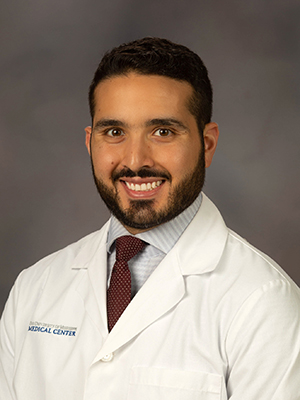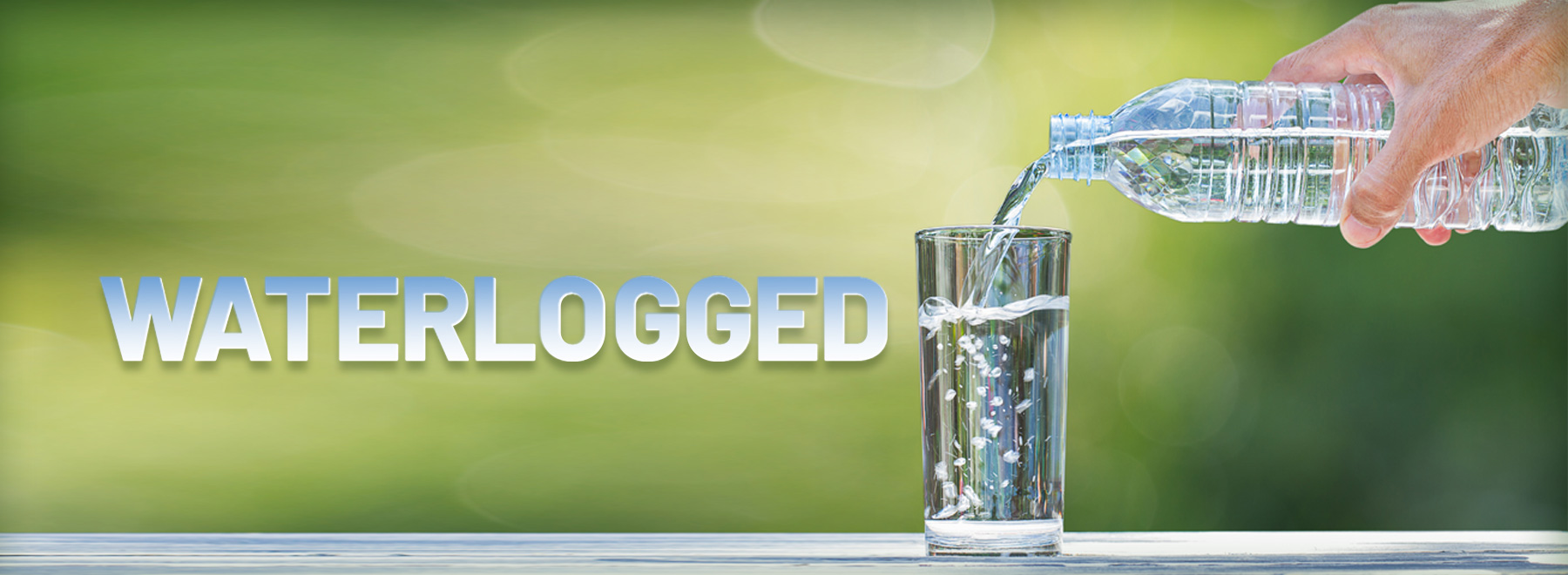Water toxicity: What happens when you drink too much
When nutrition experts tell you to drink plenty of water for optimal health, they often neglect to add an important caveat: Don’t drink too much.
Actress Brooke Shields found out the hard way. In her quest to stay hydrated as she prepared for a recent live performance, she unknowingly drank too much water. Suddenly, everything went black, she fell face first, turned blue, began frothing at the mouth and trying to swallow her tongue.
Rushed to an emergency room by ambulance, doctors told her she’d suffered a grand mal seizure, brought on by water toxicity. She’d drank too much water in a short period of time.
A grand mal seizure, also known as a tonic-clonic seizure, results in a loss of consciousness and violent muscle contractions, according to the Mayo Clinic.
Though seizures — brought on by a burst of electrical activity in the brain — usually occur in people with epilepsy, they can also be brought on by health conditions including low blow sugar, a high fever, a stroke, or in Shields’ case, water toxicity.

“Anything is toxic at a certain dose including things we need to survive like water, vitamins, salt and oxygen,” said Dr. David Vearrier, professor of emergency medicine and chief of the division of medical toxicology at the University of Mississippi Medical Center. “In toxicology there is a maxim, ‘the dose makes the poison,’ meaning that even benign substances like water can act as a poison with sufficient dose.”
The poisoning occurs when an excessive intake of water causes low levels of sodium in the body, hyponatremia, which may result in seizures, said Vearrier, also co-director of Student and Employee Health.

“It isn't so much the water that is toxic, but the body is forced to remove sodium, and the normal mechanisms to maintain normal sodium levels are overpowered,” said Dr. Ahmad Mahadeen, assistant professor of neurology.
Vearrier has treated his share of patients in the ER who’ve suffered seizures due to water toxicity, most commonly young men who work in the heat, such as garbage collectors, and drink a lot of water throughout the day to stay hydrated, and psychiatric patients with compulsive behaviors.
Some, still, are more likely to have low sodium levels even without excessive water intake, including heavy beer drinkers and patients with liver disease.
The treatment of choice is an injection of intravenous fluids containing sodium, Vearrier said, being careful not to raise the sodium level too quickly, which can damage the nervous system.
Not all cases of water toxicity result in seizures, said Mahadeen. Other symptoms — which often precede seizures — include nausea, vomiting, headache, confusion, loss of energy, fatigue, drowsiness, irritability, muscle weakness and cramps.
If you experience any of these symptoms after drinking an excessive amount of water, it’s important to seek emergency help because although some seizures can resolve on their own within minutes, others can be fatal.
Despite the risks of overdoing the hydration, most people don’t need to worry about water toxicity, the doctors say.
“A large amount of water needs to be ingested in order to result in electrolyte changes to cause symptoms,” said Mahadeen. “The main electrolyte affected by water levels in the body is sodium, and when people are overhydrated, this decreases and can result in hyponatremia. Upwards of 8 liters of water per day are needed to cause any shifts, and most people with healthy kidneys can regulate this without issue.”
Vearrier points to a 2004 Institute of Medicine study that found the median water and liquid intake for men, 3 liters or roughly 100 ounces, and women, 2.2 liters or roughly 74 ounces, along with the water in the foods we eat, is sufficient. Those who work outside in the heat or do a lot of aerobic exercise may need more to replenish what they lose in sweat.
“There is a wide range of water intake that is sufficient for human health,” said Vearrier. “Our kidneys can produce more or less concentrated urine to adapt to our water intake and water losses, for example, sweat, exhaled air and stool.”
The best way to avoid water toxicity it to listen to your body, said Mahadeen.
“Thirst or lack thereof is the main way your body will signal the need for hydration,” he said. “It's also important to make sure that if you are consuming larger amounts of water – upwards of 4 liters per day – to also include electrolytes — salt, commercial hydration mixes or solutions such as Pedialyte.”
Most at risk are those who take medications that cause a loss of sodium – such as a diuretic – or can result in abnormal sodium levels, as well as those who lose sodium through excessive sweating that is not replenished.
Shields, feeling dehydrated from all the singing she’d been doing in rehearsals, had no idea she was at risk. “I was preparing for the show, and I was drinking so much water, and I didn’t know I was low in sodium,” she told Glamour Magazine in a recent interview. “I flooded my system, and I drowned myself.”
After treating her in an intensive care unit, where she received fluids through an IV, doctors gave Shields one piece of medical advice she never expected to hear from a physician: to eat potato chips every day. Just for a while, to replenish her sodium supply.
The moral here, said Vearrier: “Everything can be a poison in sufficient quantities and doses.”
The above article appears in CONSULT, UMMC’s monthly e-newsletter sharing news about cutting-edge clinical and health science education advances and innovative biomedical research at the Medical Center and giving you tips and suggestions on how you and the people you love can live a healthier life. Click here and enter your email address to receive CONSULT free of charge. You may cancel at any time.



